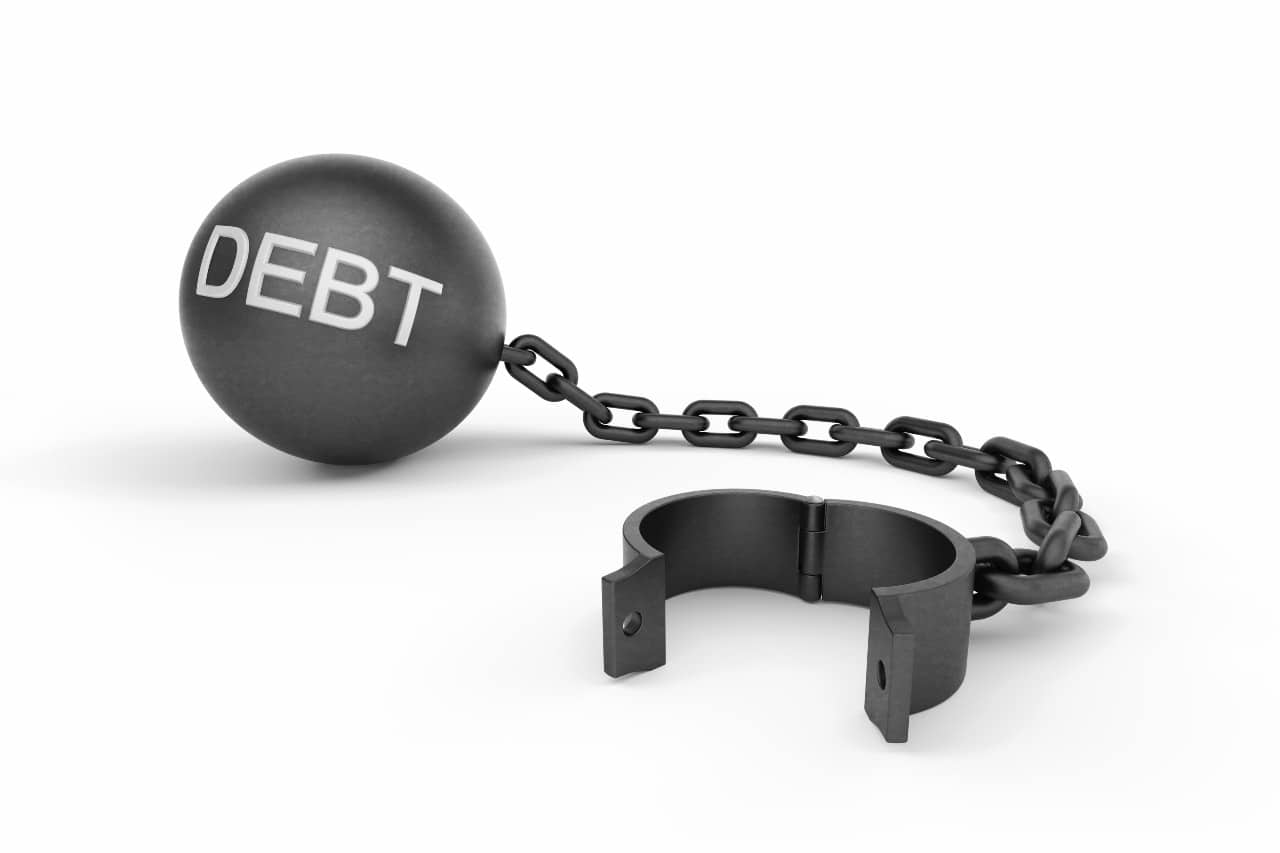Canadians have to budget for lots of small and large monthly expenses. If we saw a decline in telecom costs for some of our services, how much would it help? We may be about to find out the answer. Recent news from StatsCan showed that Canadian telecom prices may be on the decline. If true, this would help Canadians keep more money in their pockets each month. Let’s find out more about what’s happening in telecom and how to reduce regular monthly expenses.
Canadian telecom rates on the decline?
A report by Statistics Canada indicates that telecom rates have been dropping. Yet other sources say they may be measuring the wrong thing. Telecom companies’ revenues are still climbing, and Canadians aren’t seeing a reduction in their utility bills. So how can these two things both be true?
Telecom companies’ revenues are increasing, but new plan costs are declining. As a current subscriber, your bill remains the same, while new customers can likely sign on at lower monthly rates with more data than before. The activation fee for connecting a new account may be higher, but that one-time charge is often overlooked.
Competition in the telecom space
Three companies—Bell, Telus, and Rogers—control the telecom space in Canada. The number of competitors is dwindling, which is why there was a lot of controversy about the Rogers and Shaw merger last year. So much so that it was almost blocked by the Competition Bureau. Eventually, it was approved, which reduced the number of large companies in the space.
There are a handful of smaller mobile providers that are fighting the good fight to compete for your business. Their main tactic is to offer lower rates and more options than the big three. More features at a lower price, why aren’t people flocking to these companies? Canada is a large country, and setting up wireless networks requires a lot of infrastructure investment. These smaller companies struggle to swallow these costs. Less infrastructure means less access to potential clients and mobile network coverage can be spotty if you are not in an urban centre like Toronto.
So Canadians are left with a question, do I spend more to have more reliable service, or do I save and deal with dropped signals? Here’s one way to look at it, Is a less spotty connection worth $225 a year to you? A phone bill that costs $75 a month reduced by 25%, means an extra $225 or more in your pocket each year. These numbers may not match, but the concept is the same., is the extra cost worth the better connection?
The bigger question is, should we even have to choose between cost and reliability? The reality is, at this time, the market is such that we have no choice but to choose. That being said, policies that encourage fair competition would likely mean an end to that debate.
Strategies to lower your monthly expenses
Buying a new phone can give you a dopamine hit that makes you feel good! Signing up for a costly plan you can’t afford, not so much. Here are some ways to lower your costs when it comes to telecom services.
Negotiate your bills
While the price of new plans may be dropping, those current customers may not see a change. That doesn’t mean there is no hope. Most service providers have customer service teams whose sole job is to keep you as a client. Call the company and ask for a discount. Prepare yourself for the call by researching the rates of other providers to compare. It is more expensive for a company to get a new customer than to keep an existing one. They may be open to lowering your bill or offering a better package.
Shop around
Don’t stick to one company because you used them before. It can pay to shop around every year or two to see what new plans service providers are offering. You can take your phone number and transfer your details quickly to any provider. Comparison shop online and get an idea of who offers the plans and phones that you like. Then head to a mall and check out the stores and kiosks that can set you up on any provider. They have access to information about the plans and deals from multiple carriers. They can help you find the best deal. Ask your friends and family about their mobile plans. Check on social media, as some people share their excellent phone plan deals online.
BYOD
When searching for a new mobile plan, you can bring your own device (BYOD). This can save you money on your monthly bill, as you don’t need to buy a new phone and a new plan. You also don’t need to pay off the device balance with a payment plan added to your monthly bill.
Delay upgrades
If you don’t always need the latest and greatest phones, you can save a lot of money! With the rate of technology updates, the changes from recent versions of the same phone are barely noticeable. Delaying upgrading to the next model and keeping your old phone one or two years longer can save you a lot in the long run. If you are financing a new phone, it can add extra fees and service charges to your monthly bill.
Sign up with smaller carriers
Many smaller service providers are available. These providers are called MVNOs or Mobile Virtual Network Operators. They tap into the networks of Bell, Telus and Rogers to deliver service. These smaller companies may need to work harder to get your business. So better deals are available if you are willing to consider switching.
Do a utility bill audit
Look at all your monthly expenses and see if some of these strategies apply to other areas of your finances. It pays to see where reductions are possible, especially if you are on a low income.
Do an inventory of all your utility bills to see how much you pay each month. Check your electricity or hydro bill, natural gas, solid waste, water, and any other monthly expenses. Which bills are flat-rate fees, and which are based on usage? If you have the option, verify the meter readings from your water and electricity meters.
Understand how payments are handled on your account. Is it through cheque, online banking, telephone banking or pre-authorized payment? Which payments have you automated with your financial institution? Note if you pay from your chequing account or your credit card.
What is your method of payment for each expense? What are the bill payment dates? Write down your account numbers and the amount due each month. Gather all your account information in one place.
What are the due dates of each of your monthly expenses? Many providers will change billing dates if the date you are billed on doesn’t suit your pay cycle. Call your providers and find out your payment options. You can consider a call to your city hall to find out if there are other utility options or only one provider.
Don’t forget to include quarterly or semi-annual bills, like property tax.
Questions to ask when signing up for new telecom services
Whether it is internet or mobile service, there are some questions you should ask before signing a contract.
- What are the activation fees?
- What are the contract terms and conditions?
- What happens if I change providers before the contract is over?
- Are there any discounts or promotions available?
- How much data is included?
- What happens if I exceed the data limit?
- Am I charged for long-distance charges within Canada?
- What are my options if I travel internationally with my phone?
- What are the options available to pay a bill?
- Can you pay with cash, cheque, online payment, debit card or credit card?
- Do they set up pre-authorized payments to your bank account?
- How many business days do you have to pay after receiving the bill?
- Can you change the due date of the bill?
- Is the company a third-party provider, or does it run its own cellular network?
The bottom line
Whether you are trying to save a few bucks on your monthly expenses or doing an intense savings challenge like a no-spend month, having lower bills can help. Call your utilities, mobile and internet providers to take advantage of any rate reduction. It never hurts to ask for a discount, a downgrade in service package, or a better deal. The worst that can happen is your bill doesn’t change, and you consider switching providers. The best? More money in your pocket at the end of each month.










